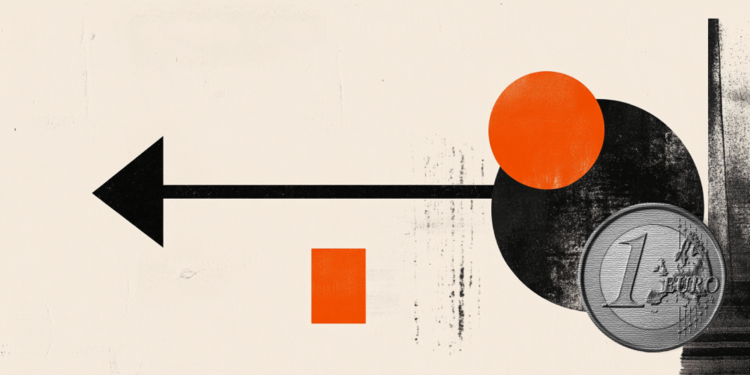Research shows that among the 47% of participants who declared themselves to be black, four out of ten claim to feel or witness always, or often, situations of prejudice at school or college. 32% of young people say that the most frequent episodes occur in public transport, doctors’ offices, restaurants, stores or events.
Espro’s executive superintendent, Alessandro Saade, says that 75% of young black men admit they don’t talk or talk little about diversity in the work environment. “We will still have environments that are more hostile than welcoming for them. This is a warning for training entities and companies to pay more attention to welcoming people in learning and work environments”, he says.
The “Youth Diversity” survey addresses the perceptions of Brazilian adolescents about diversity and challenges related to issues such as race/ethnicity, sexual orientation, gender identity, people with disabilities and religion. In all, there were 1,657 participants, between the ages of 15 and 23, who are or have been apprentices or interns at the institution, between the months of September and October of this year. 15 states plus the Federal District participated in the study, with emphasis on participants from São Paulo (42%), Paraná (21%), Rio de Janeiro (9%) and Rio Grande do Sul (7%).
Diversity and inclusion
Still according to the survey, blacks are eight out of ten young people who are in a situation of social shelter and six out of ten are immigrants. This shows the fragility and need for social assistance so that this population can exercise their citizenship and be able to adequately prepare for social and professional life, according to the study.
The data also show that, even though the school or college is an environment with high rates of prejudice, 55% of respondents who declared themselves to be black talk openly about diversity in these teaching spaces.

sexual orientation
33% of adolescents and young people do not identify with cisheteronormativity, that is, with pre-established gender standards understood as biological sex. Bisexuals account for 20%, while homosexuals represent 5% of the total. Asexuals and pansexuals are 2% and 4%, respectively.
The study shows that, for young people, churches and family gatherings are the most intimidating environments when it comes to sexuality. For 74% of bisexuals and 86% of homosexuals, talking about diversity in the churches they attend is not an alternative. When they are at family gatherings, 43% of homosexuals and 47% of bisexuals always omit their sexuality.
Empathy and conversation circles
In the Espro survey, 66% of young people said they talked openly about diversity with their friends. 42% said they did the same at school or college. However, many say they do not believe that society is ready to accept differences or adequately punish discrimination and prejudice.
“This is the first edition of a study that will be carried out annually and that will help us to better understand not only the challenges for inclusion in the environments that young people frequent, but also in our own institution”, concludes Alessandro.
Seven out of ten young people interviewed stated that, when witnessing an act of discrimination against the diversity of a colleague, they would do nothing, as they did not believe that the intervention would generate a punitive effect. The same 70% also state that they would not support their colleague in order not to expose themselves. When the situation involves the individual, 48% would put the situation aside so as not to expose themselves.
Source: CNN Brasil
I’m James Harper, a highly experienced and accomplished news writer for World Stock Market. I have been writing in the Politics section of the website for over five years, providing readers with up-to-date and insightful information about current events in politics. My work is widely read and respected by many industry professionals as well as laymen.







